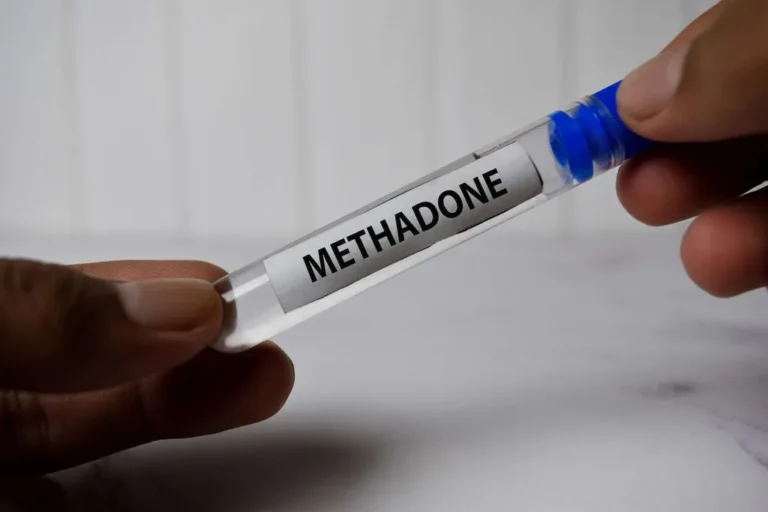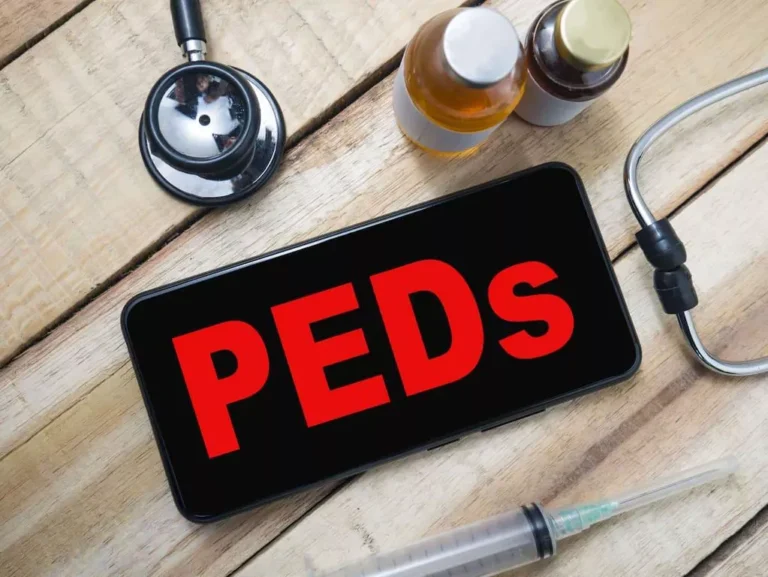Meditation for Addiction Recovery

By addressing both the physical and psychological aspects of addiction, meditation can provide a comprehensive solution. Through the cultivation of a state of mindfulness and self-awareness, individuals can develop a greater understanding of their thoughts, emotions, and cravings. This increased awareness can help them identify triggers and develop healthier coping mechanisms, ultimately breaking the cycle of addiction. We publish material that is researched, cited, edited and reviewed by licensed medical professionals.
What Are the Challenges or Limitations of Using Meditation for Addiction Treatment?

We hypothesized a series of sequential associations between mindfulness, having purposes in life, and increased behavioral activation. In this regard, mindfulness may lead people to clarify values around which to organize their lives and gain awareness of those things that truly matter in life, i.e., to discern their purposes and find meaning in life. Consistent with previous research, we found that individuals reporting higher levels of mindfulness also reported a greater sense of purpose in life 9,43,75. As mentioned, previous research has already linked mindfulness skills and life purpose assessments (e.g., Allan et al. 19).
What are the Key Types of Meditation for Addiction?
- Meditation is a practice where you work to train your mind to achieve focus, heightened awareness, and inner calm.
- According to the Pew Research Center, in 2014, 40% of U.S. adults practiced a form of meditation at least once a week, 8% meditated once or twice a month, and 4% meditated several times a year.
- After controlling for the effects of age, mindfulness scores significantly predicted happiness, anxiety, and depression, thus confirming the existence of significant total effects that may be mediated (Table 3).
- Get professional help from an online addiction and mental health counselor from BetterHelp.
Incorporating meditation into one’s personal journey of recovery can be a transformative step. It serves as a powerful tool for individuals traversing the challenging path of overcoming addiction. Whether you are struggling with addiction, mental health or both, our expert team is here to guide you every step of the way. Don’t wait— reach out today to take the first step toward taking control of your life. According to theNational Center for Complementary and Integrative Health, https://ecosoberhouse.com/ meditation is a mind-body activity intended to promote calm and relaxation and help people cope with illnesses and improve well-being.

Mindful Meditation
Contact San Diego Detox to learn more about available treatment resources and programs. Meditation is a holistic part of addiction recovery that can help address physical substance dependence and also the underlying emotional, psychological and spiritual components of addiction. Meditation can become a tool to help you maintain your sobriety and build a purposeful life.
Comprehensive Online Addiction Resources – SAMHSA and Suboxone Treatment Locator

Some common pieces of advice that people in recovery receive are to stop judging themselves and others, to listen to their bodies, and to implement some structure and stability into their lives. While meditation cannot replace addiction treatment, it can strengthen a person’s ability to stay sober. Our state-specific resource guides offer a comprehensive overview of drug and alcohol addiction treatment options available in your area. If you’re in professional addiction treatment, you can consult with your addiction meditation kundalini care team to incorporate meditation into your treatment and even learn advanced skills. Building new skills does not happen quickly, so patience while learning and practicing this new coping technique is essential. If you or someone you love needs support in addiction recovery, you are not alone.

The Role of Mindful Meditation in Addiction Recovery
Contact us today to embark on your journey to recovery with a partner you can trust for excellence and compassionate care. Furthermore, through consistent practice, meditation cultivates enhanced self-awareness. This heightened awareness is invaluable, enabling individuals to recognize triggers and patterns of addictive behavior, thereby fostering better self-control and decision-making. The process of detoxification involves various bodily systems, particularly the liver and kidneys, which play a vital role in filtering and excreting toxins. Movies and TV shows often Halfway house depict meditation as simply sitting still for a long time.

How Effective is Meditation for Addiction Recovery?
This might involve experimenting with various meditation techniques, such as guided imagery or mindfulness, to discover the most effective approach. Although mindful meditation cannot cure cancer, studies have found it helps lung cancer and breast cancer patients deal with pain, stress, low self-esteem and fatigue. One study also found people with chronic pain who meditated were able to reduce their pain by up to 42%, which led to better sleep, improved mood and better activity levels.
- Pin Co Android için ücretsiz resmi uygulamayı indir
- А как выиграть в игорный дом, тактике а как обыграть игорный дом
- Jeetcity Gambling establishment Remark Why you ought to Play Right here
- Trang web cờ bạc trực tuyến tốt nhất có giao dịch thực Tiền tệ hàng đầu năm 2024
- Install Casibom app 💰 Get a bonus for sign up 💰 Huge catalog of casino games